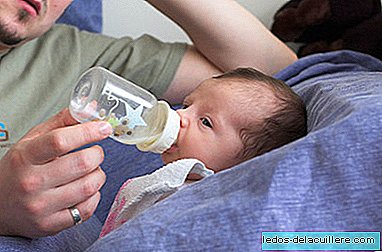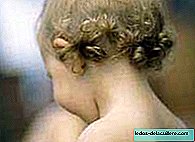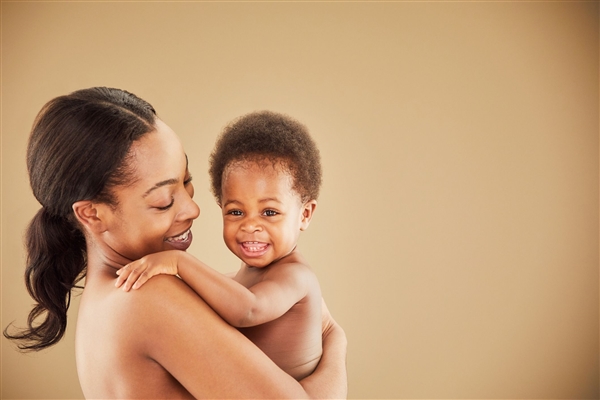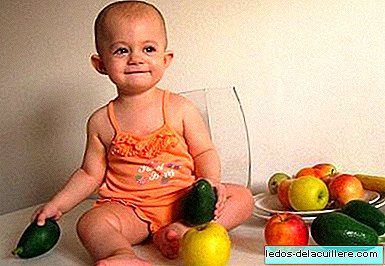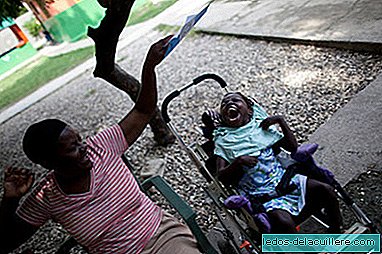We live in a world in which visual media, television and movies are of great importance in the way we perceive reality and understand it.
Therefore I wonder if the image of the delivery we receive from television is correct.
Really, now, we have lost the real experience about childbirth and even the raising of babies. We will rarely have had the privilege of accompanying a woman who gives birth, and even, most, we will not have seen the animals being born as before.
Breastfeeding and normal behavior of babies is also alien to us. Educated in nuclear families, our vital experience on parenting is very limited. Many women have our son in their arms without having contemplated a happy breastfeeding.
The birth on television
The image we receive in school and higher studies on this important part of human life is extremely scarce and rarely real. We haven't possibly seen a birth more than on television if we don't worry about looking for other more pleasant images.
It is true that in some documentaries we can watch normal deliveries, without intervention and without fear, but they are an exception. When a premium birth appears in a movie, keeping the audience in tension, endangering the protagonist and her son, while also maintaining the possibility of killing someone.
If the delivery is without assistance, they are normally doomed. If the woman wanted a delivery without anesthesia, she ends up screaming and asking for the epidural. If it was at home, they end up by ambulance. If you enter a hospital, you are in a hurry and it seems that you have a heart attack instead of having a child. Everything is fear, everything is danger, everything is haste.
Facts about a year of television in Britain
In Babog, an interesting page on conscious birth and pregnancy, I found an interesting study that analyzed the births that appeared on British television in 1993 and I fear that the result could be extrapolated to our present.
Reading Tiffany L. Holdsworth, I have come up with an interesting study published in 1997 about the influence of the media on what is or is not the birth of a baby.Sarah Clement studied 92 births broadcast on British television in 93. In them:
4 babies and 1 mother died, 5 babies and 4 mothers put their lives in serious danger during birth and in 22 of 58 births shown, the birth was fast and uncontrollable.
Birth or nightmare?
If we look at what appears In movies about childbirths they seem to be traumatic, surprising and enormously dangerous. Women break waters and immediately afterwards they leave in pain, having to run to a hospital at serious risk. The children, at birth, are separated from the mother and the cord is cut as if leaving it for a minute would even kill them from suffocation or from a fulminant infection. Real nightmares. Fiction, of course, but very powerful if we believe that this is what awaits us.
Many women and children appear in mortal danger at birth and many even die, especially if they have not gone to a hospital where the baby is removed as if it were a destroying alien.
The women scream in fright, shattered by pain, but aware at all times, without ever appearing a mother transported in childbirth, accompanied by other women, taken care of and safe but also happy in childbirth, with that pain mitigated by non-invasive care and wrapped in enormous power. I don't think that, even if there were no complications, they could have given birth with so many nerves, haste and continuous interventions.
Normal births are not as shown by television
There are complicated births, of course. There are births in which specialized care is indispensable. There are quick deliveries. There are deadly deliveries. There are births where pain prevents you from concentrating on the experience. But it's not normal, neither the usual nor what should always be taught as what happens.
It worries me the image of childbirth offered to us in programs and movies, because it scares and leads to a misconception of what our normal nature is.


